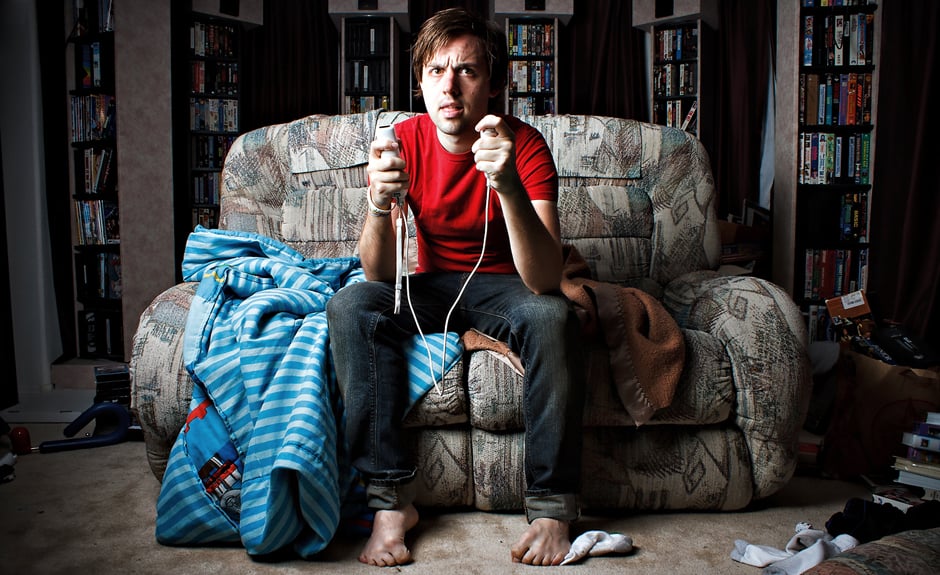In a recent study published in the journal Human Movement Science by Dr. Jay Pratt and PhD candidate Davood Gozli of the University of Toronto Department of Psychology in collaboration with Daphne Bavelier, a research professor at the University of Rochester, studied the effect of chronic action video game playing on basic sensorimotor skills.
“By action video games, we usually refer to first-person shooter games, [where] the gamer is controlling this avatar and looking at the environment through the perspective of this avatar and shooting in a battle situation,” said Gozli.
The study used a manual motion-tracking task. “The task involved the gamers and non-gamers, following with their mouse, a moving dot on the screen,” said Gozli.
The study ran two experiments. In the first one, the moving target itself followed a pattern. “In the condition where the moving target was completely predictable, the video gamers performed better than non-gamers,” said Gozli. In the second experiment, the movement of the dot was entirely random, in which case both gamers and non-gamers performed equally well.
“So the conclusion is that gaming doesn’t allow us to use our motor skills better,” said Gozli, adding, “What it does, is it allows us to pick up lawful patterns in the environment, when there is actually a lawful pattern in the environment.”
Playing videogames has been proposed as a habilitation tool for patients suffering from a variety of diseases including cancer, Alzheimer’s, stroke, and Multiple Sclerosis, among others. “But what we’re showing is that if those patients are confronted with real world situations, which things are not patterned for, or regular… playing a lot of action video games may not be a beneficial tool as a means of recovering,” said Gozli.
Therefore, playing action games may result in the advantage of an improved ability to learn the dynamics of new sensorimotor tasks accurately, which is essential in high precision tasks like laparoscopic surgery, which encompasses manual control of remote surgery tools through a computer interface.
“The surgical procedure that [surgeons] have to perform usually follows a predictable pattern…that’s why videogamers become better surgeons because they are able to pick up the patterns in any kind of task better,” said Gozli.
A future direction that Gozli wants to explore involves the detriment of assuming that regular patterns exist in all situations. “If you go about a task assuming and trying to pick up patterns and regularity, you might, in the long run, slow down,” he said.


